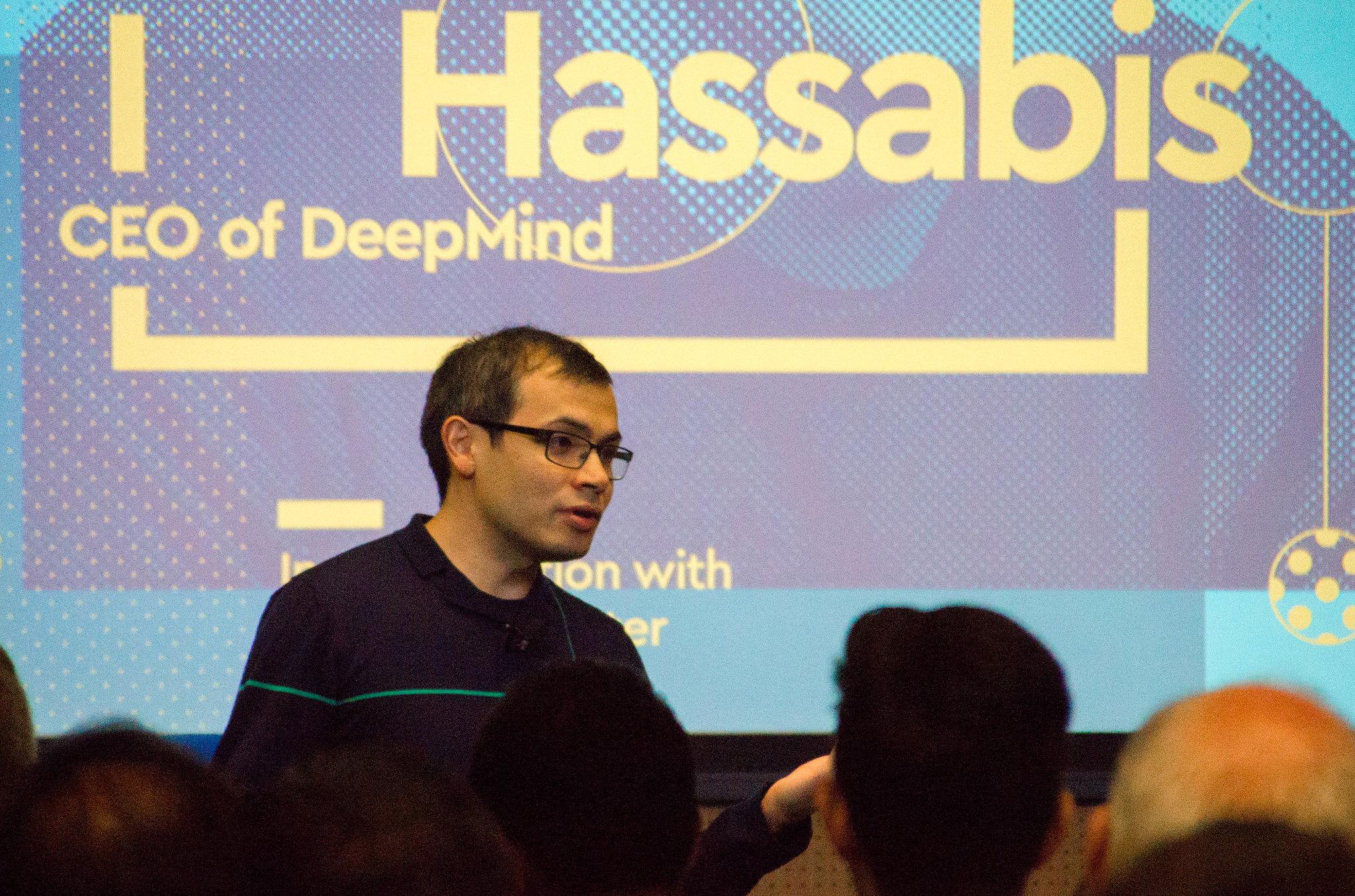Deepmind CEO Demis Hassabis says AI agents for complex tasks coming in 1-2 years

Demis Hassabis, the CEO of Google Deepmind, expects AI systems in the near future to not only answer questions but also plan and act independently.
In an interview with Bloomberg, Hassabis says his company is working on such "agent-like" systems that could be ready for use in one to two years.
"I'm really excited about the next stage of these large general models. You know, I think the next things we're going to see perhaps this year, maybe next year, is more agent like behavior," says Hassabis.
He adds that these systems will be able not only to answer questions but also to plan and act in the world. Hassabis believes that the ability to set and achieve goals will make these systems the next level of usefulness in terms of being a tool for everyday assistance.
Hassabis sees this as the next step in making AI systems more useful in everyday life. Deepmind can draw on its experience in reinforcement learning, which the company has already used in its famous Go playing program AlphaGo.
"We're working hard, and the others are too. And again, that's bringing back in some of our work we did years ago with gaming, which were all agent systems, achieving certain goals and objectives, bringing that kind of work and marrying that together with the modern, large multimodal modal work," Hassabis explains.
Talking and acting
Before unveiling the Gemini language model in June 2023, Hassabis hinted to Wired that the company's expertise in reinforcement learning could give Gemini special properties.
By using AlphaGo techniques such as reinforcement learning and tree search, Gemini is expected to offer enhanced problem-solving and planning capabilities at some point in the future.
Hassabis' comments suggest that Deepmind is steadily developing its AI systems to become more autonomous agents.
If Deepmind succeeds in developing AI agents that can autonomously solve complex tasks in the real world, the implications could be far-reaching. Potential applications range from intelligent personal assistants and autonomous robots to self-learning systems in science and research.
In addition to Gemini, the company is also working on projects such as the RT models, which uses large AI models for image and language processing to make AI embodied in a robot more capable of acting in everyday life.
Deepmind's approach to combining language models with agent technologies is similar to that of OpenAI and Anthropic. These companies are also working on AI agents that can communicate and act.
OpenAI has recently returned to robotics, coupling its vision language model with a robot from Figure.
AI will pay off for humanity, says Hassabis
Critics warn about the huge energy requirements of large AI models for training and inference. The hunger for energy increases with scale.
However, Hassabis does not share these concerns and is convinced that the massive resources going into AI will eventually pay off for humanity.
"I think the benefits of the generative AI models that we build for things like drug discovery and other things will far outweigh those costs in the long run," says Hassabis.
He also sees potential to help in areas such as energy and climate, for example through more efficient power grids, new materials and technologies. It could be extremely productive and helpful, far outweighing the cost and effort of building these systems.
Ultimately, the goal is to apply AI to as many areas as possible. Then development could be sustainable, says Hassabis.
AI News Without the Hype – Curated by Humans
As a THE DECODER subscriber, you get ad-free reading, our weekly AI newsletter, the exclusive "AI Radar" Frontier Report 6× per year, access to comments, and our complete archive.
Subscribe nowAI news without the hype
Curated by humans.
- Over 20 percent launch discount.
- Read without distractions – no Google ads.
- Access to comments and community discussions.
- Weekly AI newsletter.
- 6 times a year: “AI Radar” – deep dives on key AI topics.
- Up to 25 % off on KI Pro online events.
- Access to our full ten-year archive.
- Get the latest AI news from The Decoder.